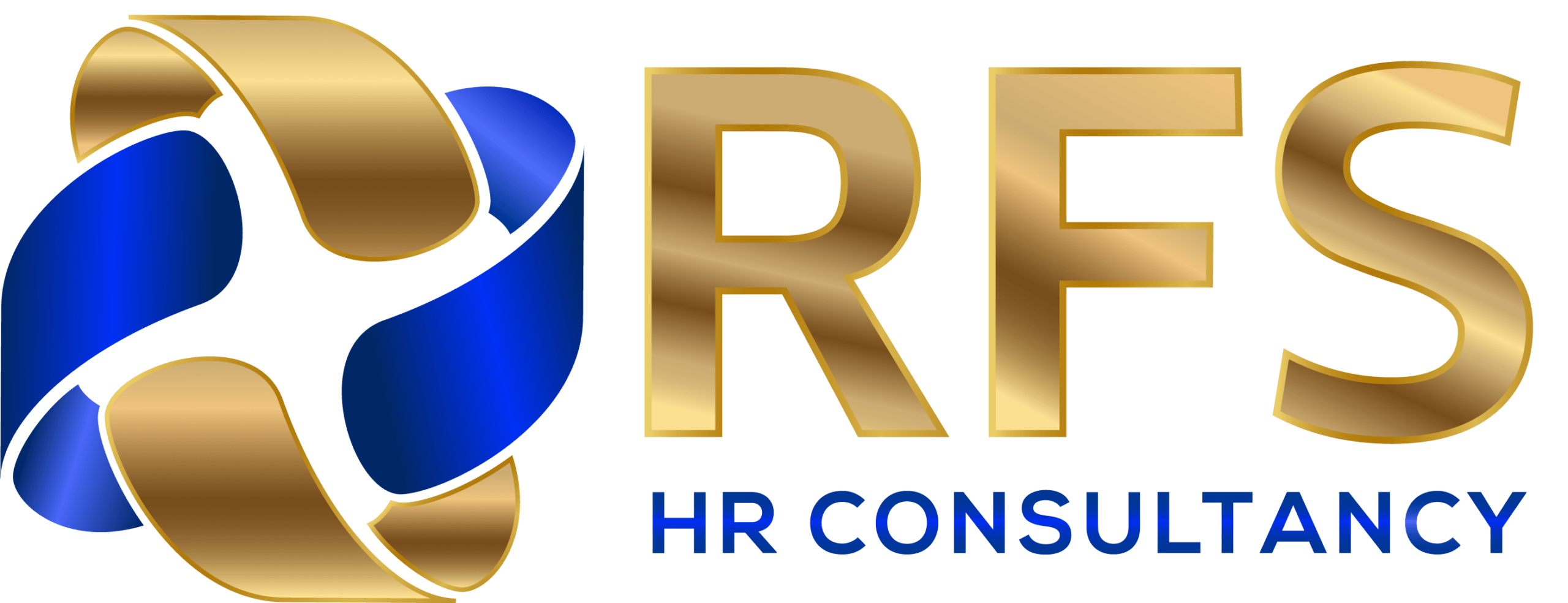Artificial Intelligence (AI) has significantly influenced the ever-evolving landscape of the recruitment industry. Its integration has revolutionized traditional executive search methods, offering unparalleled efficiencies and enhanced outcomes.
Table of Contents
The quest for top-tier talent has become increasingly competitive in today’s fast-paced business landscape. These traditional methods, reliant on manual processes and subjective assessments, are swiftly being revolutionized by the integration of Artificial Intelligence (AI). This transformation brings about a paradigm shift in how companies identify, recruit, and retain their key leaders.
Approximately 80% of respondents believe shortlisting, offer negotiation, and onboarding would remain human processes. Historically, executive search firms relied heavily on manual sourcing, often resulting in limited candidate pools and extended search timelines. The subjective nature of decision-making also led to biases and inconsistencies in candidate evaluations.
AI-powered tools have swiftly penetrated the executive search landscape, offering sophisticated algorithms capable of sifting through vast data. These technologies enable recruiters to access diverse talent pools, breaking the barriers of traditional limitations.
How Can AI Be Used in Recruitment?
AI has revolutionized recruitment processes in various ways. Here are some key applications:
Resume Screening
AI can efficiently scan through numerous resumes, analyzing keywords, skills, and experience to shortlist candidates that match job descriptions, saving significant time for recruiters.
Candidate Sourcing
AI tools such as ClickUp can search through multiple platforms and databases to identify potential candidates who fit specific criteria, even passive candidates who might not be actively job hunting.
Chatbots for Initial Interaction
AI-powered chatbots can engage with candidates, answer their queries, schedule interviews, and gather initial information, providing a seamless and immediate interaction experience.
Interview Automation
AI can conduct initial interviews through video or text-based platforms, asking predetermined questions and assessing responses based on language, tone, and content.
Predictive Analytics
By analyzing past hiring data, AI can predict candidate success based on various factors, aiding in more informed decision-making.
Diversity and Bias Mitigation
AI tools can help identify and mitigate biases in the hiring process, ensuring a fairer assessment of candidates and promoting diversity within the workforce.
Onboarding Assistance
AI can assist in onboarding, providing necessary information to new hires, guiding them through initial training, and answering basic queries.
Performance Monitoring
Some AI systems can track employee performance and engagement, providing insights to inform HR decisions.
While AI streamlines processes and improves efficiency, it’s essential to use these tools ethically and ensure they complement human judgment rather than replace it entirely.
Benefits of AI for Recruitment Agency
AI streamlines the hiring process by swiftly analyzing vast data sets, enabling quicker identification of suitable candidates. Its predictive analytics matches job requirements with candidate profiles, reducing recruitment cycles significantly.
Can AI Replace People in Executive Search?
AI has revolutionized various industries, including recruitment. It’s adept at streamlining processes, enhancing candidate sourcing, and predicting candidate suitability. However, replacing people entirely in executive search firms might be a stretch. The human touch remains crucial in understanding subtle requirements, building relationships, and assessing cultural fit.
C-suite recruitment in executive search firms involves intricate evaluations beyond qualifications, diving into leadership styles, strategic visions, and cultural alignment. AI recruitment aids in sourcing candidates matching criteria but might struggle with the nuanced understanding needed for high-level roles.
Some firms incorporate AI into their processes for initial screenings or data analysis. Yet, the final decision often rests with human evaluators who consider intangible qualities crucial for executive roles.
While AI in executive search and recruitment agencies is invaluable for its speed and data handling, the intricate nature of C-Suite executive search placements often demands a human touch. The synergy between AI recruitment tools and human expertise ensures a comprehensive approach that optimizes both efficiency and effectiveness.
Role of AI in Executive Search
AI brings unparalleled efficiency, reducing hiring times and costs. Its ability to process immense data sets offers precise candidate matching and predictive analysis, enhancing the overall quality of hires.
Limitations of AI
However, AI encounters challenges in gauging soft skills, cultural fit, and refined aspects of human interaction critical in executive roles. The human touch remains irreplaceable in assessing complex traits.
The Role of Executive Search Consultants
Although AI and automation have made significant strides, the significance of executive search consultants remains pivotal within the industry, particularly concerning high-level positions. These consultants possess specialized expertise, expansive networks, and a strong reputation crucial for recognizing, attracting, and involving top-tier talent. Additionally, their role extends to advising and assisting customers and candidates throughout the recruitment process. Their adeptness in emotional intelligence, creativity, and discernment equips them to navigate intricate and delicate scenarios, including negotiations, feedback mechanisms, and transitions.
Human vs. AI
Human recruiters possess invaluable experience, intuition, and emotional intelligence, enabling them to assess intangible qualities crucial for executive positions.
AI’s Efficiency and Accuracy
Conversely, AI’s objectivity and data-driven analysis lead to unbiased decisions and remarkable accuracy in processing large volumes of information.
The Future of Executive Search
The future lies in a collaborative model, where AI augments human capabilities rather than replacing them. Integrating AI tools with human judgment can lead to more informed and efficient decisions.
Ethical Considerations
As AI advances, ethical concerns surrounding privacy, bias, and job displacement require meticulous attention and regulatory frameworks to ensure responsible implementation.
FAQs
- Can AI completely replace human recruiters?
While AI offers efficiency, human judgment in assessing complex traits remains unmatched.
- Does AI reduce the need for human involvement in hiring processes?
AI streamlines tasks but still needs to eliminate the need for human input, especially in essential decision-making.
- What are the challenges in AI-driven executive search?
AI struggles to accurately evaluate soft skills, cultural fit, and nuanced human interactions.
- Will AI make executive search more cost-effective?
Yes, AI reduces initial screenings and candidate matching time and costs.
- How can AI and humans collaborate effectively in executive search?
Combining AI’s data-driven insights with human judgment can provide a more comprehensive assessment.
Conclusion
AI has undoubtedly revolutionized executive search, yet the human element remains indispensable. The synergy between human expertise and AI capabilities will shape the future of recruitment.
Read More Related Blogs:
- How to Build a Successful Career in Cloud Computing
- Software Development Hiring Trends: An Overview
- A Guide to Recruiting the Best DevOps Talent
- The Most in-demand cloud computing skills in 2023
- Top 10 IT Skills in Demand for 2023
- Facilitating Executive Search in the IT Industry
- Understanding FMCG Industry’s Secrets from a Recruiter’s Perspective




